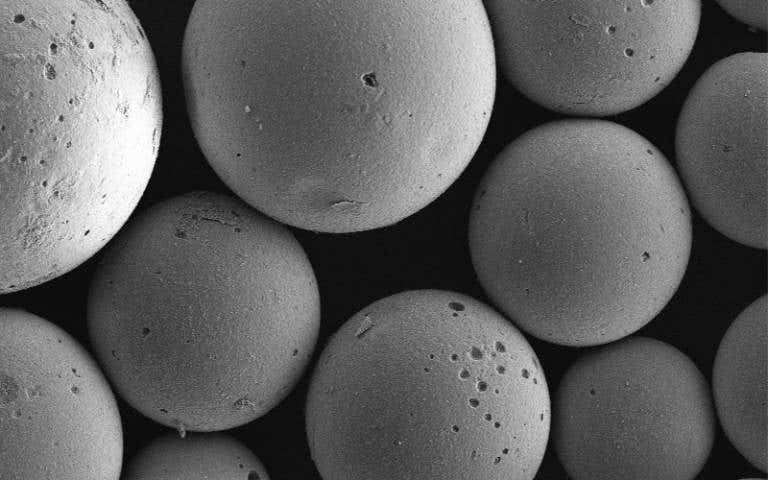Revolutionary carbon beads restore gut health and reduce liver and kidney disease
Innovative carbon beads effectively restore gut health and positively impact liver, kidney, and brain function.

Innovative carbon beads, crafted by researchers at University College London (UCL), show promise in mitigating harmful bacteria and inflammation in animal models, potentially addressing liver cirrhosis and associated health concerns.
The findings, detailed in Gut, reveal that these carbon beads, licensed to UCL-spinout Yaqrit, effectively restore gut health and positively impact liver, kidney, and brain function in rats and mice. Moreover, they demonstrate safety for human use.
Moving forward, researchers aim to ascertain if similar benefits translate to humans, offering a potential avenue for treating gut health-related diseases.
Globally, an estimated 100 million individuals live with liver cirrhosis, with an additional 10 million experiencing cirrhosis compounded by other complications.
Senior author Professor Rajiv Jalan from the UCL Institute for Liver and Digestive Health underscores the significance of gut microbiome in health, highlighting how disturbances in its balance can lead to the proliferation of detrimental bacteria, triggering gut inflammation and organ damage.
Professor Jalan explains, “In cirrhosis, inflammation caused by endotoxins can worsen liver damage. While antibiotics are conventionally used to control harmful bacteria, this approach risks antibiotic resistance and is limited to advanced disease stages.”
To address these challenges, UCL scientists, in collaboration with Yaqrit, devised oral carbon beads, branded as CARBALIVE, featuring a specialized microscopic structure capable of adsorbing various molecules within the gut.
Related Stories:
In animal models, the effectiveness of CARBALIVE in restoring gut health and mitigating liver, kidney, and brain dysfunction was examined through daily ingestion over several weeks.
Results indicate that CARBALIVE prevents liver scarring progression in cirrhotic animals and reduces mortality in those with acute-on-chronic liver failure (ACLF).
Testing on 28 cirrhosis patients revealed CARBALIVE's safety and minimal side effects. Should similar benefits manifest in humans, these beads could emerge as a vital tool in liver disease management.
Michal Kowalski, Vice President and CARBALIVE product lead at Yaqrit, elaborates, “These engineered carbon beads, smaller than a grain of salt, absorb endotoxins and other metabolites produced by harmful gut bacteria, fostering an environment conducive to beneficial bacteria growth. This prevents toxins from spreading and causing damage.”
Encouraging results pave the way for human trials, with one such trial slated to commence soon. Should CARBALIVE effectively impede liver damage progression, it could revolutionize liver disease treatment and possibly address other microbiome-related conditions.
Professor Jalan expresses optimism, foreseeing CARBALIVE's potential impact beyond liver disease, potentially extending to conditions like irritable bowel syndrome.
He reflects on the journey from UCL to Yaqrit, enabled by grant funding from the European Union's Horizon 2020 program, culminating in the establishment of a bead manufacturing facility and exploratory research into their diverse applications.
Professor Jalan concludes, “I am hopeful that CARBALIVE will gain approval for liver disease and other conditions in the coming years, marking a significant milestone in our endeavor.”
For more science news stories check out our New Innovations section at The Brighter Side of News.
Note: Materials provided above by The Brighter Side of News. Content may be edited for style and length.
Like these kind of feel good stories? Get the Brighter Side of News' newsletter.
Joshua Shavit
Science & Technology Writer | AI and Robotics Reporter
Joshua Shavit is a Los Angeles-based science and technology writer with a passion for exploring the breakthroughs shaping the future. As a contributor to The Brighter Side of News, he focuses on positive and transformative advancements in AI, technology, physics, engineering, robotics and space science. Joshua is currently working towards a Bachelor of Science in Business Administration at the University of California, Berkeley. He combines his academic background with a talent for storytelling, making complex scientific discoveries engaging and accessible. His work highlights the innovators behind the ideas, bringing readers closer to the people driving progress.



